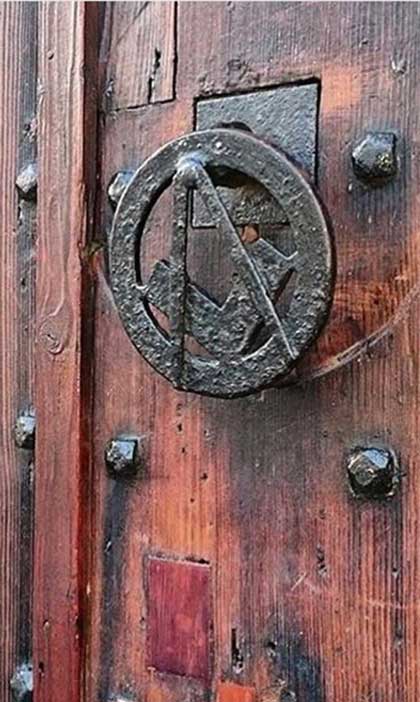Frequently Asked Questions
listed here are some of the most frequently asked questions about Freemasonry and Freemasons. If you have a question not listed please use the contact form at the end of the page.

Freemasonry means different things to each of those who join. For some, it’s about making new friends and acquaintances. For others, it’s about being able to help deserving causes – making a contribution to family and for society. But for most, it is an enjoyable hobby. Freemasonry is one of the world’s oldest and largest non-religious, non-political, fraternal, and charitable organizations. It teaches self-knowledge through participation in a progression of ceremonies. Members are expected to be of high moral standing and are encouraged to speak openly about Freemasonry.
Yes – Freemasonry is open to people from all walks of life, regardless of their race, religion, sexual orientation, or socio-economic position in society.
The meeting, which like those of other groups, is open only to members, is normally in two parts. First, there are normal administrative procedures such as: • Minutes of the previous meeting • Proposing and balloting for new members • Discussing and voting on the annual accounts • Masonic news and correspondence • News about charitable work Second, there are the ceremonies for • Admitting new members • The annual installation of the Master of the Lodge and his officers
New members make solemn promises concerning their behavior both in the Lodge and in society. Members also promise to keep confidential the way they recognize each other when visiting another Lodge. Freemasons also promise to support others in time of need but only so far as it does not conflict with their family and public obligations.
All Freemasons are expected to have a religious belief, but Freemasonry does not seek to replace Mason’s religion or provide a substitute for it. It deals in a man’s relationship with his fellow man not in a man’s relationship with his God.
There are elements within churches that misunderstand Freemasonry and its objectives. They confuse secular rituals with religious liturgy. There are many Masons in churches where their leaders have been openly critical of the organization. Masonry has always actively encouraged its members to be active in their own religion.
Freemasonry, as a body, will never express a view on politics or state policy. The discussion of politics at Masonic meetings has always been prohibited.
Freemasonry exists throughout the world. However, each Grand Lodge is sovereign and independent. There is no international governing body for Freemasonry.
Yes. Whilst UGLE, following the example of medieval stonemasons, is, and has always been, restricted to men, women Freemasons have two separate Grand Lodges, which are restricted to women. For more information, please contact the Honourable Fraternity of Ancient Freemasons [HFAF] and the Order of Women Freemasons [OWF].
Wearing regalia is historic and symbolic. Like a uniform, the regalia indicates the rank of the wearer in the organization.
Basic Freemasonry consists of three degrees: • Entered Apprentice • Fellow Craft • Master Mason
There is an initiation fee when you join and each lodge charges an annual subscription to cover its running costs. Each meeting is normally followed by a dinner, with the cost depending on the venue. However, there is no requirement to attend the dinner if you are unable to. You will also be expected to wear a dark suit, white shirt, and black, or other suitable, tie and in due course you will need to buy your own regalia. Members are invited to donate to charity, but this should always be within your means and it is entirely up to you how much you wish to contribute. Costs can vary considerably from lodge to lodge, particularly for the dining, and your proposer and seconder should make them clear to you before you join.
Don’t see an answer to a question you have?
Use the form below to ask a specific question you would like answered.

